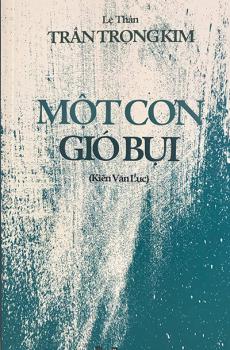Daddy Do-Funny's Wisdom Jingles
Daddy Do-Funny's Wisdom Jingles
Log in to download this book.
| Publisher | Chưa rõ |
|---|---|
| Accessible book producer | Public domain |
| Published year | 2006 |
| Coppy right | Chưa rõ |
In presenting a loyal and venerable ex-slave as an artless exponent of freedom, freedom of conduct as well as of speech, the author of this trivial volume is perhaps not composing an individual so truly as individualizing a composite, if the expression will pass.
The grizzled brown dispenser of homely admonitions is a figure not unfamiliar to those who have "moved in plantation circles" in the cotton and sugar country, and touched hands with the kindly dark survivors of the old regime.
If the man, Daddy Do-funny, was unique as an individual, perhaps in the very fact of an individuality unembarrassed by the limitations of convention, of education and of precedent, he becomes in a sense typical of his people and of his time.
Of course, a man is not called Do-funny for nothing, not even playfully and in the free vernacular of rusticity at its freest.
One of a small community of superannuated pensioners upon the bounty of their former owners, Daddy was easily first citizen of Evergreen annex on Crepe Myrtle plantation, which is to say he was therein a personage of place and of privilege, coming and going at will, doing as he pleased, and as, with uplifted eye, he reverently boasted, "sponsible to nobody but Almighty Gord for manners and behavior."
Even so late as this year of grace, a full half century after "emancipation," there are still to be found on many of the larger plantations in the far South a few such members of the order of the Rocking-chair, whose records of "good and honorable service" reach back through periods of bondage, even such kindergartners as septuagenarians in the privileged class, having clear title to nearly a quarter of a century of slave memories; not to mention the occasional centenarian with even his semi-occasional uncle or father poking around, toothless and white-plumed dignitaries, these, sometimes with leaders, being blind, but ever important in pride of association and memory.





